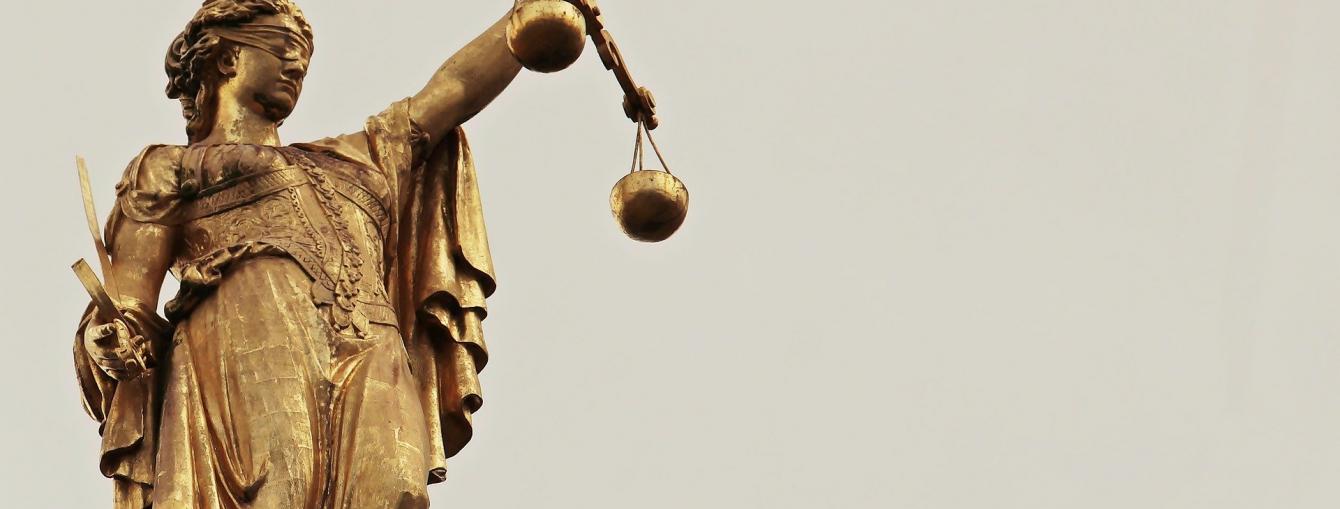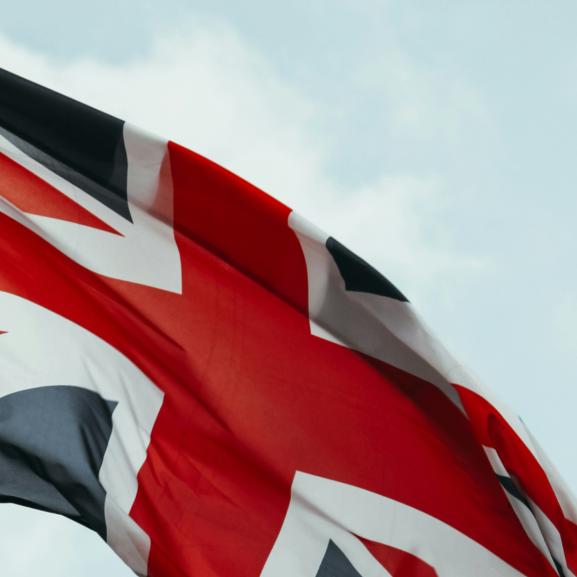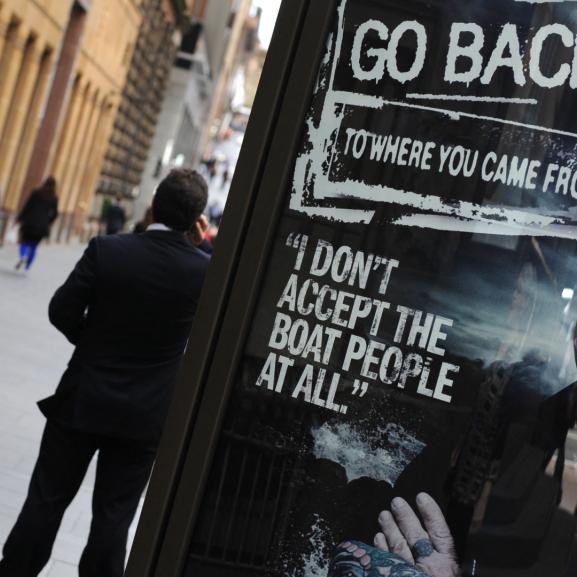The Human Rights Act 1998
Find out about the UK’s Human Rights Act (1998). Learn more about what the Human Rights Act is, who it applies to, who it protects and what it aims to do.
What are human rights?
Human rights are fundamental rights and freedoms that we are all entitled to as human beings irrespective of our nationality, race, gender, gender identity, religion, sexual orientation, citizenship, or other status. Human rights are universal - they belong to everyone - and are not granted to people by the state.
Human rights are protected in international law. There are many international treaties and agreements that ensure that States around the world respect and protect people’s human rights, and many states have their own domestic laws to protect human rights at home.
Our human rights mean we are free to live as we choose, without abuse, mistreatment or interference from the government and other public bodies. They protect equal access to fundamental services and institutions like health care, education, democratic elections and fair judicial processes.
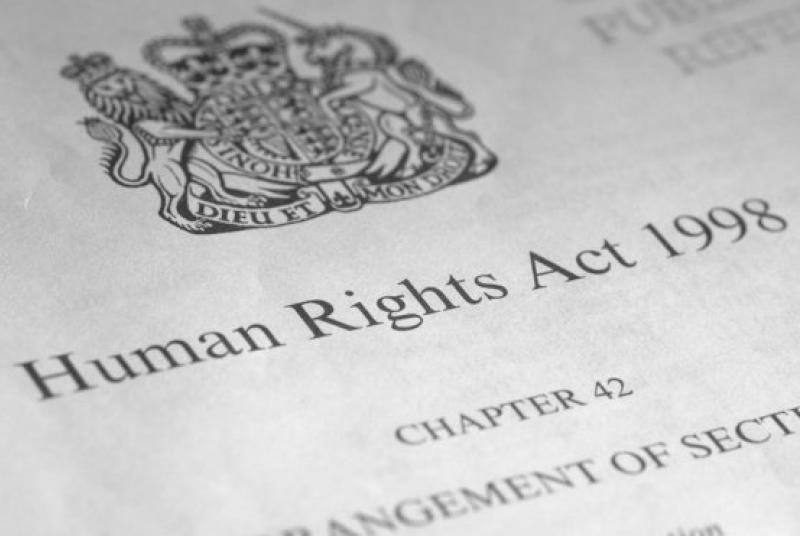
What is the Human Rights Act?
The Human Rights Act (1998) gives us legal protection of our basic human rights in the UK. The legislation ensures that the rights set out in the European Convention on Human Rights (ECHR) are enjoyed by us all, which includes things like dignity, fairness, equality, tolerance, and respect.
What is ECHR?
The ECHR, also known as the European Convention on Human Rights, is an international human rights treaty between the member states of the Council of Europe. Britain played a central role in designing the ECHR in the aftermath of the Second World War, aimed to protect human rights, democracy, and the rule of law.
The Council of Europe – which isn’t the same as the European Union – is Europe’s leading human rights organisation, and is made up of 46 member states, including the UK.
How many human rights are there?
There are 16 human rights outlined in the Human Rights Act (1998). Each right is referred to as a separate article:
- Right to life (Article 2)
- Right not to be tortured or treated in an inhuman or degrading way (Article 3)
- Right to be free from slavery and forced labour (Article 4)
- Right to liberty and security (Article 5)
- Right to a fair trial (Article 6)
- Right not to be punished for something which wasn’t against the law when you did it (Article 7)
- Right to respect for your private and family life, home and correspondence (Article 8)
- Right to freedom of thought, belief and religion (Article 9)
- Right to freedom of expression (Article 10)
- Right to freedom of assembly and association (Article 11)
- Right to marry and start a family (Article 12)
- Right not to be discriminated against in relation to any of the rights and freedoms listed here (Article 14)
- Right to peaceful enjoyment of possessions (Article 1, Protocol 1)
- Right to education (Article 2, Protocol 1)
- Right to free elections (Article 3, Protocol 1)
- Abolition of the death penalty (Article 1, Protocol 13)
What does it look like when human rights aren’t respected and protected?
The Holocaust is an infamous example of human rights abuses on a massive scale (also known as a crime against humanity), which gave rise to the 1948 Universal Declaration of Human Rights, which recognised and guaranteed “dignity and worth of the human person.”
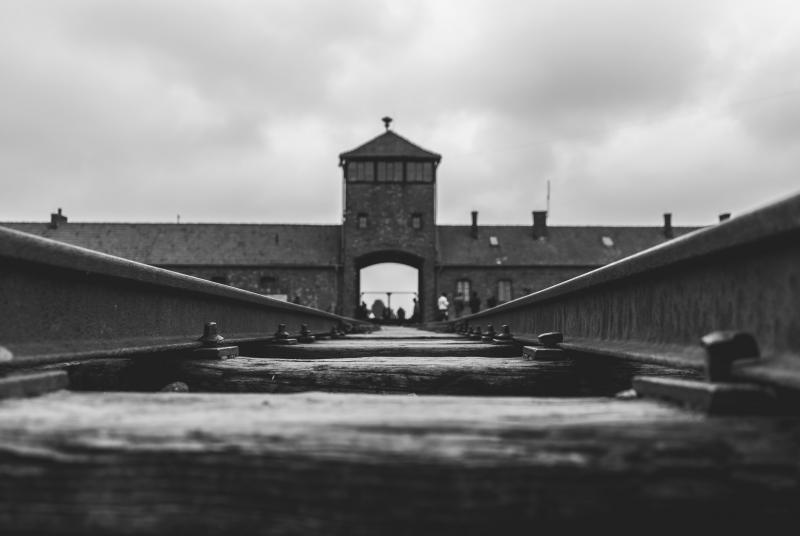
Today, in the UK, we can see clear examples of the erosion of the rights and freedoms of refugees and asylum seekers, which signals the gradual weakening of the freedoms and protections afforded to all people in the UK.
Can human rights be taken away?
Human rights cannot be taken away, however in the UK most human rights are qualified or limited. This means that most rights can be restricted under certain circumstances as outlined in the Human Rights Act.
In a democratic society, respecting and protecting the human rights of everyone is a balancing act. For example, the right to freedom of expression of someone who is inciting racial hatred may be restricted to protect other people’s rights not to be subjected to abuse or harassment based on their race.
Qualified rights
These rights can be restricted by a public authority if it is in interest of the wider community, or to protect the rights of other people. These rights may only be interfered with under certain circumstances as specified by the Human Rights Act.
If a public authority interferes with a qualified right, the Human Rights Act says that it must show that it has a lawful, ‘legitimate aim’ for doing so.
These are examples of legitimate aims:
- the protection of other people’s rights
- national security
- public safety
- the prevention of crime
- the protection of health.
Limited rights
These rights come with some exceptions but only as specifically outlined in the Human Rights Act.
For example a person’s Right to liberty may be limited if a person is convicted of a crime and is sentenced to serve time in prison.
Absolute rights
Some rights set out in the Human Rights Act are absolute. By law these rights should never be interfered with for any reason, not even during war or public emergencies.
One of the absolute human rights is Article 3: the right to freedom from torture and inhuman and degrading treatment.
Which legislation protects human rights?
The Human Rights Act (1998) is the main legislation that protects your human rights in the UK. The protections defend rights like your right to life, a fair trial, and freedom of expression.
However, the Human Rights Act is not the only instrument that protects human rights in the UK. Our human rights and freedoms are also protected in other domestic laws and by other international human rights treaties, which have been signed and ratified by the UK. This means that the UK has agreed to be legally bound by the laws of these treaties.
When did the Human Rights Act come into effect?
The Human Rights Act passed through both parliamentary Houses, later gaining royal assent in November 1998. The Act came into force in October 2000.
Join a movement of more than 170,000 people
Who does the Human Rights Act apply to?
The Human Rights Act applies to all public authorities in the UK. A public authority is an organisation that provides public services or performs public functions. Examples of these include: central and local government; police; immigration services; courts; schools; prisons; and NHS hospitals or social services.
Private organisations or charities that perform public services or functions are also considered public authorities, and must follow the law of the Human Rights Act. An example of a situation where a private organisation is considered a public authority is a private hospital funded by, and providing care on behalf of, the NHS.
The Human Rights Act sets out the principles for how public authorities must treat all people in the UK. The ultimate aim is that all people are treated with dignity, respect, equality and fairness.
Who does the Human Rights Act protect?
The Human Rights Act protects the rights of all people living in the UK. There are no exceptions.
A person’s race, age, nationality, citizenship, gender, gender identity, sexual orientation, or any other status, do not matter when it comes to human rights and protection under the Human Rights Act in the UK.
Asylum seekers and refugees are also protected under the Human Rights Act.
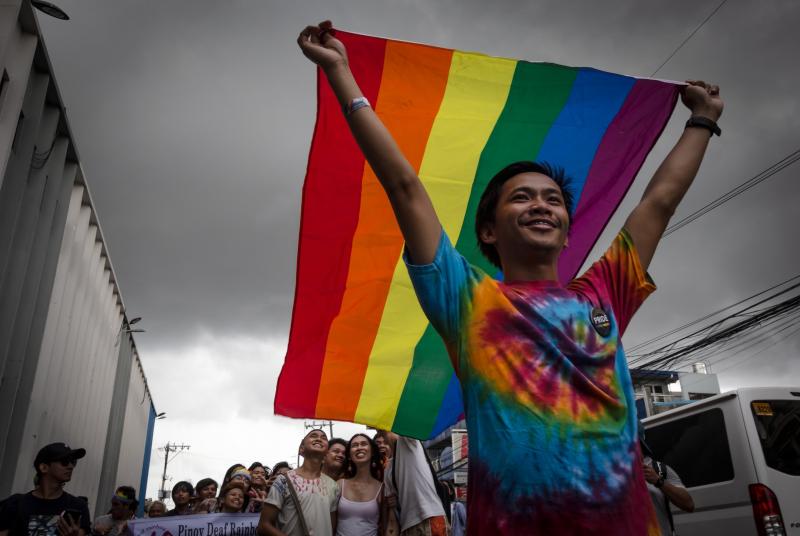
Why was the Human Rights Act introduced?
The Human Rights Act was introduced to enshrine the human rights outlined in the European Convention on Human Rights in domestic UK law, allowing a person to take legal action through the UK’s justice system if their human rights are violated by a public authority.
After the atrocities of the Second World War, the ECHR was drafted by the Council of Europe – the UK is a founding member of the Council, and British lawyers played a key role in drafting the Convention – to protect the human rights and freedoms of the people of Europe.
The Human Rights Act draws on the ECHR, bringing protection for human rights into UK domestic law. This means that if a person’s human rights have been breached they can take their case to a UK court, rather than having to apply to the European Court of Human Rights in Strasbourg, France, to seek justice.
What does the Human Rights Act aim to do?
The Human Rights Act ensures that public authorities, such as central and local government, respect and protect the human rights of all people living in the UK by making the protection of human rights a matter of domestic law. If public authorities violate a person’s rights the matter can be taken to a UK court.
The Principles and values of equality, fairness, dignity, and respect are also expressed, promoted and upheld through the Human Rights Act.
Will the Human Rights Act be scrapped?
The Human Rights Act is under threat, with fears that the UK’s commitment to the European Convention of Human Rights (ECHR) could be compromised since the UK has left the European Union (EU) after Brexit.
The EU is not the same as the Council of Europe. The UK is not leaving the Council of Europe after Brexit and leaving the EU does not mean the UK automatically abandons its obligations to the ECHR.

However, the Conservative Party has long been critical of the Human Rights Act and there have been repeated attacks on the Act by senior Tories over the years.
Conservatives including David Cameron and Theresa May have misrepresented the Human Rights Act and vowed to rewrite, repeal and replace it.
In 2020 the government introduced the Overseas Operations Bill, which seeks to put a five-year time limit on prosecutions of British soldiers for serious war crimes, including torture. This is a breach of its ECHR obligations, as well as other international treaties like the United Nations Convention Against Torture.
This track record of scepticism towards and attacks on the Human Rights Act, along with the Tories’ November 2019 manifesto pledge to “update” the Human Rights Act, led to fears that leaving the EU could present a prime opportunity for the Conservatives to launch a fresh attack on human rights in the UK.
In December 2020 the government announced an independent review of the Human Rights Act.
Opposition parties, legal experts and civil rights groups say this would weaken protections for vulnerable groups, such as asylum seekers and refugees, as well as compromise individual rights.
Worryingly, the UK government has so far refused to make a formal commitment to the ECHR in Brexit withdrawal negotiations. At present, the ECHR is the only supranational entity that can compel the UK government to keep to its human rights obligations.
Should the UK abandon its commitment to the ECHR post Brexit, there would be nobody outside of the UK that could hold the UK government accountable for human rights breaches.
Read about how the attack on the rights of refugees began and what it could mean for us all.
Asylum seekers, refugees and the Human Rights Act
Asylum seekers and refugees are also protected under the Human Rights Act. Asylum seekers, refugees and stateless peoples are particularly vulnerable to human rights abuses.
Importantly, the Act is clear in stating that: “No one shall be subjected to torture or inhuman or degrading treatment or punishment.”
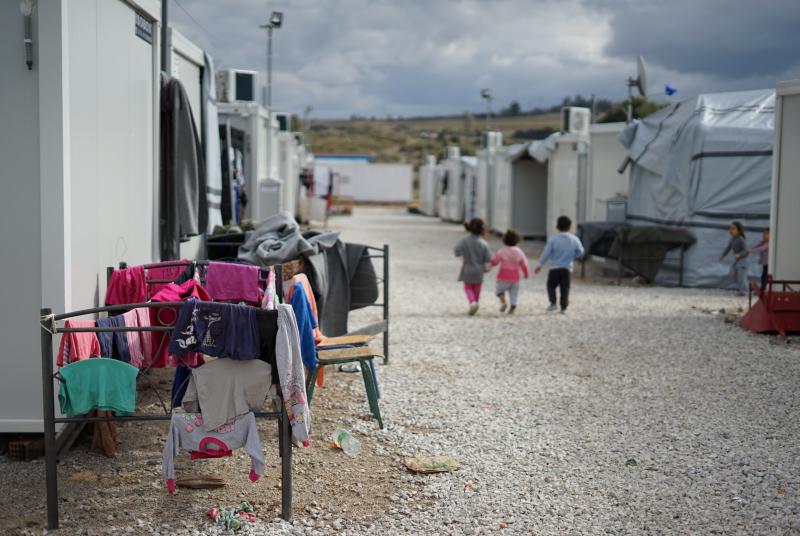
Asylum seekers, refugees and Article 3 of the Human Rights Act
Article 3 of the Human Rights Act is key in protecting asylum seekers and refugees from being returned to countries where they face the risk of torture, harm or death.
However, proving that someone is at risk of persecution in their country of origin can be difficult. In the case of someone seeking asylum in the UK, they can provide evidence of their persecution at their asylum interview, and in some cases, evidence of torture.
This right also protects asylum seekers and refugees (along with anyone else) from torture and inhuman and degrading treatment while they are in the UK.
In 2012 a case was brought against the Home Secretary for delaying welfare support to two asylum seekers who became homeless and destitute while awaiting a decision on their fresh asylum claims.
The court ruled that in this case the Home Office’s policy on delaying welfare support for asylum seekers had caused homelessness and destitution. The policy of delaying consideration for support was also declared unlawful, as it risked violating Article 3 of the Human Rights Act.
How we campaign to protect human rights
At Freedom from Torture we stand with survivors to protect their rights here in the UK and abroad.
We work alongside survivors to raise awareness and campaign for torture survivors’ rights in the UK, on key issues such as detention, decision-making and poverty. We also stand together to hold torturing States to account.


